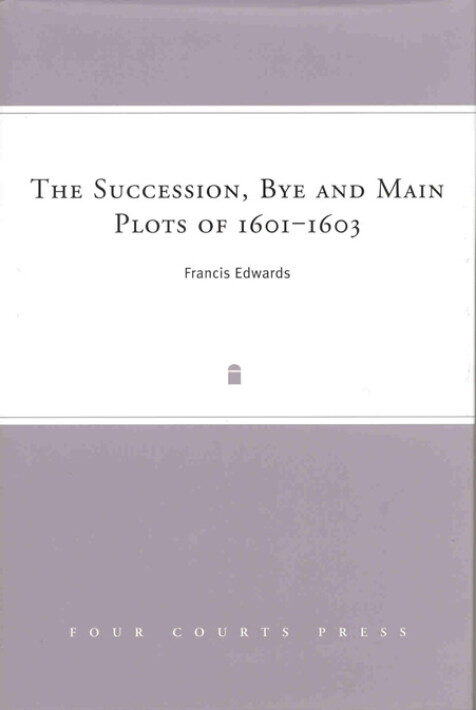The succession, bye and main plots of 1601–1603
Francis Edwards
'As always, [Edwards] shows a formidable familiarity with previous work and with British and Continental archives, and the style is trenchant and witty. … The book is a fine conclusion to his work and it is sad that he will write no more', Michael Hodgetts, Recusant History.
‘Francis Edwards, former archivist to the Jesuits in Britain and Rome, is the perfect person to tell this story of plots and plotters in the last years of Elizabeth and the transition period for James VI of Scotland, who became James I of England in 1603. From these archives he has unravelled a story which presents the 1605 ‘Gunpowder Plot’ in a wider context. Not just an attempt to blow up the Palace of Westminster but a plot enmeshed in political rivalries at court, struggles over England’s foreign alliances and the place of Catholics in English politics … The key factor for Francis Edwards is Robert Cecil (later Lord Burghley) who is brilliantly captured in the first chapter. His enemies, like the playwright Ben Jonson, captured Cecil best as a man with few guiding principles except the need to survive and remove all rivals from his path … it is a very successful [book] in making its case that state officials were central to the plots, insofar as it suited their agenda. And Edwards is very good also on the point that the course of history for England over the next centuries is largely set by these plots of the 1590s and 1600s. These events and the hysteria they created were a key element in the future of Protestantism in England', Eoin Magennis, Seancas Ard Maca (2009).

